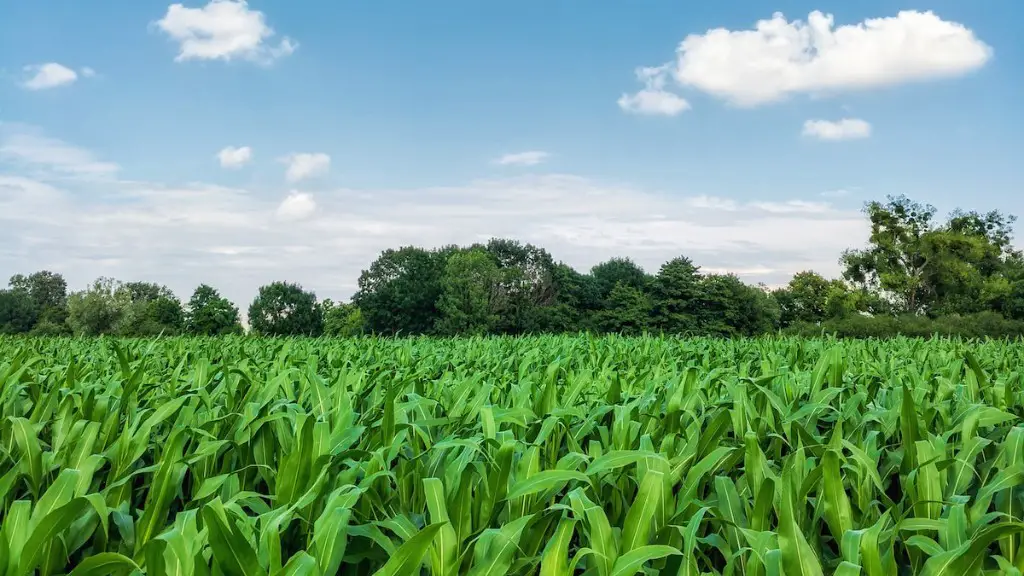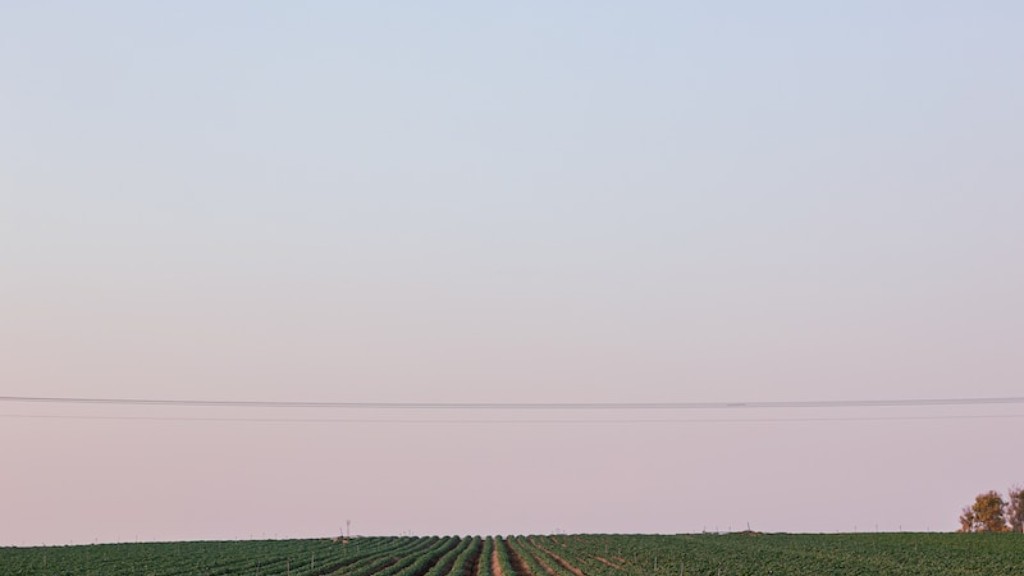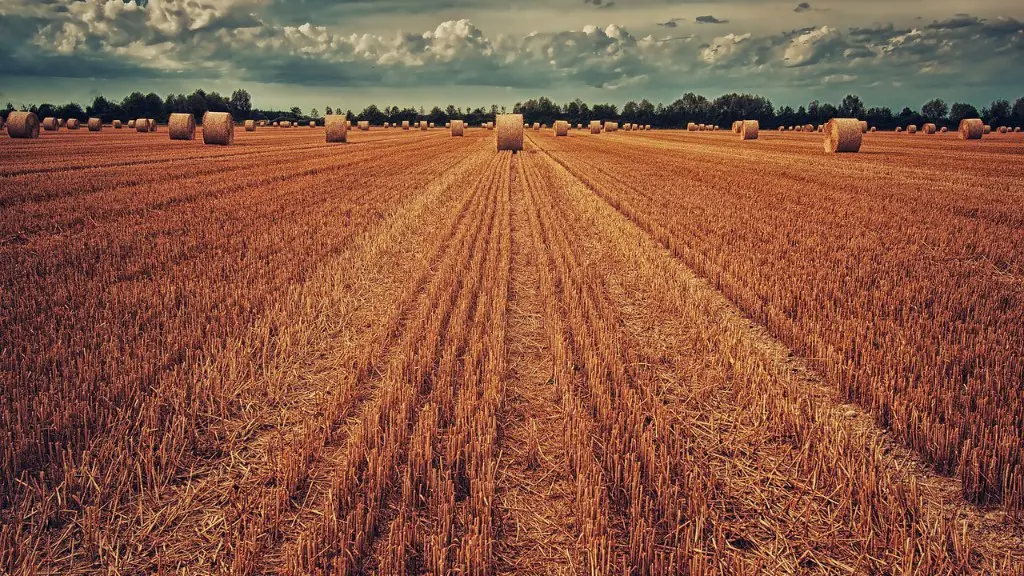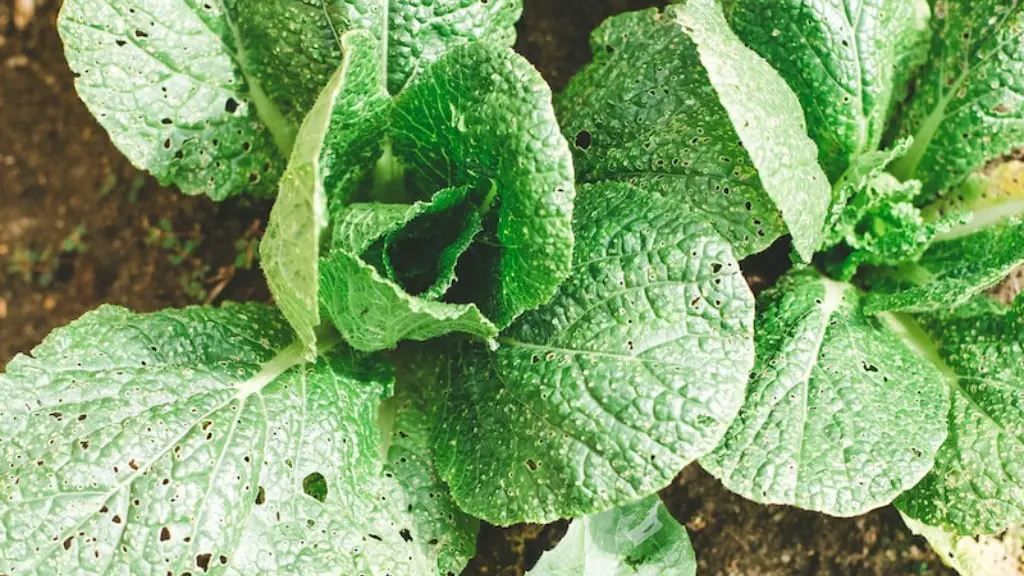The current secretary of agriculture in the Philippines is William Dar. Born in Ciudad de La Paz, Isabela, Mr. Dar studied at the University of the Philippines Los Baños, earning his bachelor’s degree in Agronomy in 1982, and a master’s degree in Entomology in 1984. He then served as a professor of Entomology and Plant Pathology, later becoming the deputy director for the International Rice Research Institute, before taking on the role of Undersecretary for Agriculture for the Philippine Government in 2005, a position he held for 14 years.
Dar was sworn in as the Secretary of Agriculture for the Philippines in 2019. Under his leadership, the Department of Agriculture has been actively providing support for the economic recovery of areas affected by the COVID-19 pandemic. The department provides subsidies to both rural and urban farming households and has implemented various measures to ensure food security and sustainable agriculture.
Recently, Secretary Dar launched the “Ayuda.PH” or “Agriculture, Youth, and Upliftment in Disaster Assistance” program. This program provides resources and assistance to small farmers, who are among the most vulnerable communities in the Philippines. It covers up to 80% of the cost of agricultural inputs and coordinates with micro-entrepreneurs, cooperatives, and local government units to provide business development opportunities.
The Department of Agriculture also works to promote the technological advancement of agriculture in the Philippines. It has created an online marketplace called “Mobile ACHo” which allows small farmers to buy farm inputs, get the latest market prices, access credit, and more. It has also introduced a variety of initiatives to support the use of technology in farming such as research on the use of big data, satellite images, and robots to increase farm production.
Secretary Dar also implemented the “One-Time Cash Assistance Program” where rural and urban farming households received up to P5,000 to help with the difficulties caused by the COVID-19 pandemic. To date, the program has benefited more than 500,000 small farmers.
To further support the Filipino farming sector, Secretary William Dar has also established the National Network of Farmer Entrepreneurs. This is a cooperation between the Department of Agriculture, the Philippine Center for Entrepreneurship, the Agriculture Training Institute, and the National Rice Research Institute to provide farming households with access to business mentorship and other resources that can help them increase their productivity and incomes.
Supporting Initiatives of Secretary Dar
In order to improve the agricultural sector in the Philippines, Secretary Dar has established several key initiatives and programs to provide support for small farming households. The “Payapa at Masaganang Pamayanan (PAMANA)” program, for instance, is designed to support communities in the conflict-affected areas in the southern island of Mindanao by providing them access to agricultural inputs and technology.
The “Rice Value Chain Enhancement Program” (RVCEP) was also launched by the secretary to ensure that farmers everywhere have access to quality farm inputs and services. The program provides farmers with access to quality seeds and fertilizer, as well as monetary support for marketing and transport costs.
The Department of Agriculture under the leadership of Secretary Dar is also developing “Project Noah,” a technology-based platform that uses weather, data, and satellite imagery to assist farmers in making informed decisions. The platform helps farmers to boost their productivity by providing them with access to real-time data about the weather, soil conditions, and other factors that can affect their crops.
The secretary has also created the “National Rice Information System,” an online platform for rice traders and buyers, to help them make more informed decisions about their purchases. The platform provides information about the quality of the available rice, the prices, and the quantity of stocks.
Dar’s initiatives have also extended beyond the farming sector. He also launched the “Kabuhayan sa Pilipinas” program to provide funding and resources to small entrepreneurs and cooperatives in the Philippines. With this program, the secretary hopes to spur job creation and economic growth, while also helping to strengthen local communities.
HarvestPlus Initiatives
In line with the Department of Agriculture’s commitment to improve the Filipino’s access to nutritious food, Secretary William Dar joined forces with the HarvestPlus initiative to promote the “Orange-Fleshed Sweet Potato”. The orange-fleshed sweet potato, also known as OFSP, is an orange-fleshed variety of sweet potato that is used to address vitamin A deficiency in the Philippines.
The Department of Agriculture has worked with the World Food Programme, local government units, and other partners to introduce and promote the orange-fleshed sweet potato in the Philippines. They are also working to develop a new variety of sweet potato that is drought-tolerant, disease-resistant, and high-yielding.
The department has also implemented the OFSP Sunshine Project, a program that provides seedlings and technical assistance to local farmers in the Philippines. The program helps farmers to increase their production and incomes and encourages them to practice sustainable farming techniques.
The Department of Agriculture has partnered with the World Food Programme to implement the “Food Security Investment Project” which provides improved access to food and nutrition in the Philippines. The project, which is funded by the Australian government, helps to reduce poverty and malnutrition through the provision of improved agricultural and dietary practices.
The Department of Agriculture is also working with various development partners to promote food sovereignty in the Philippines. These initiatives include developing food safety standards for small-scale farmers, and implementing policies to increase access to markets for small-scale farmers.
Agricultural Education
Under Secretary Dar’s leadership, the Department of Agriculture is also working to improve the agricultural education system in the Philippines. The department has partnered with the World Bank to implement the “Youth in Agriculture” program, a comprehensive educational program to help young Filipino students learn more about agriculture. This program includes field trips to farms, a mentorship program, and a curriculum to help students understand the realities of the agricultural sector.
The department has also launched the “Agricultural Education and Extension” program which provides support to local government units and universities to help them strengthen their agricultural programs. The program provides technical assistance, as well as training resources and materials, to assist farmers in adopting new technologies and best practices.
The Department of Agriculture has also established the “Education for Farmers” program where local farmers receive free agricultural courses. This program offers courses in farm management and production, as well as marketing and finance, to help farmers improve their skills and knowledge in their chosen field of agriculture.
The department also provides agricultural scholarships and grants to deserving students in the Philippines. This enables students to pursue higher levels of education in agricultural studies, with the aim of developing the next generation of Filipino farmers.
Agriculture in Other Countries
The Department of Agriculture continues to be active in the formation of regional alliances, both bilaterally and multilaterally. Secretary William Dar was recently appointed as the vice-chair of the Association of Southeast Asian Nations (ASEAN) Ministers of Agriculture and Forestry. Through the ASEAN, he has been able to promote agricultural exchanges and better collaborations among member countries.
The Department of Agriculture also works with the United States Agency for International Development (USAID) to advance food security, nutrition, and agricultural development around the world. The program provides support to research and development activities in plant breeding and biotechnology, among other fields.
The department also works with the International Rice Research Institute (IRRI) to ensure food security in the Philippines and other countries. The IRRI is actively involved in research and development of improved crop varieties, and works with local farmers to increase their incomes, productivity, and resilience.
Finally, Secretary William Dar has also been actively involved in the push for the global adoption of Climate-Smart Agriculture. CSA is an innovative agricultural approach that seeks to address the challenges of climate change by enhancing crop productivity, while reducing greenhouse gas emissions and preserving natural resources.





